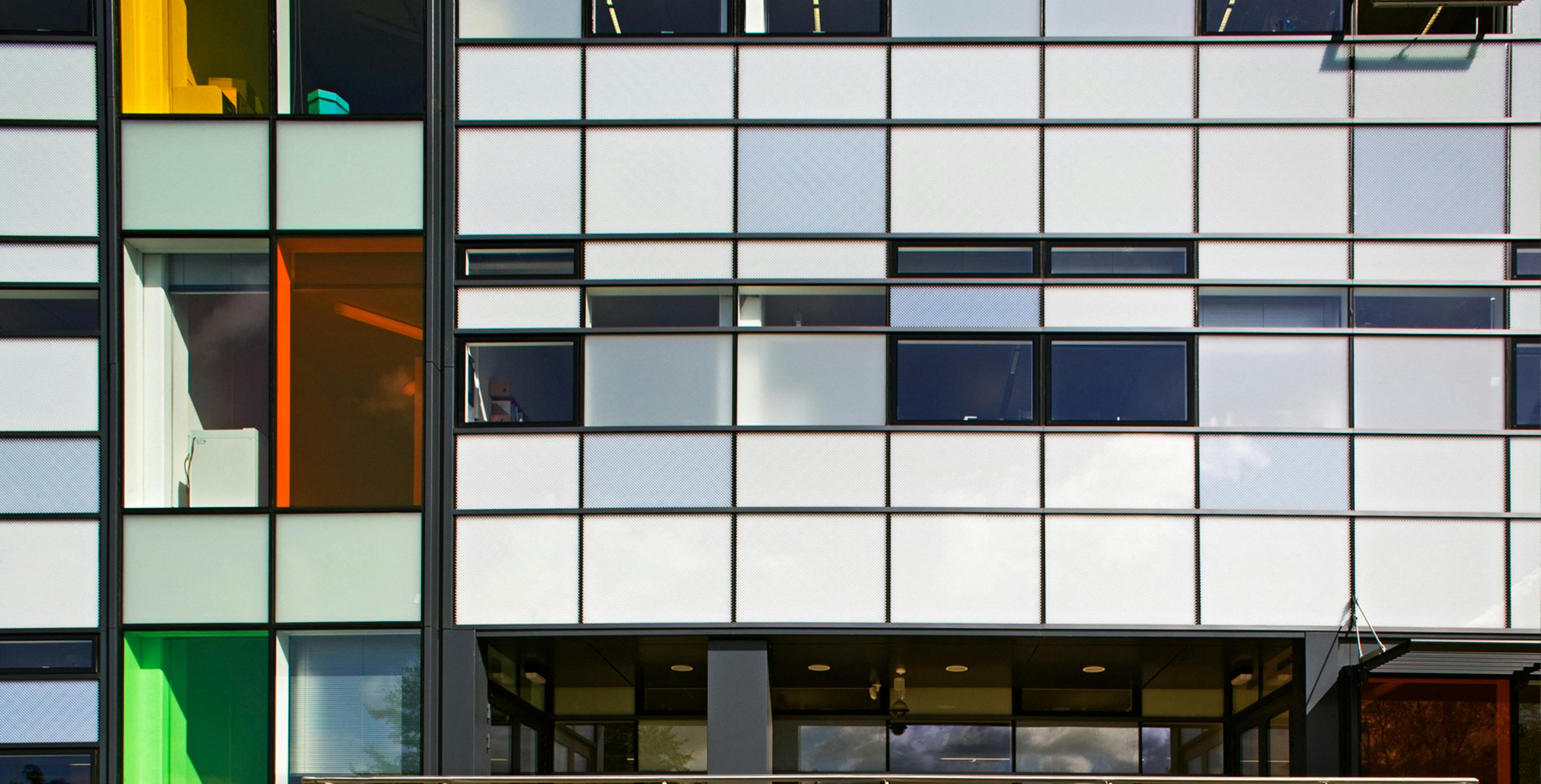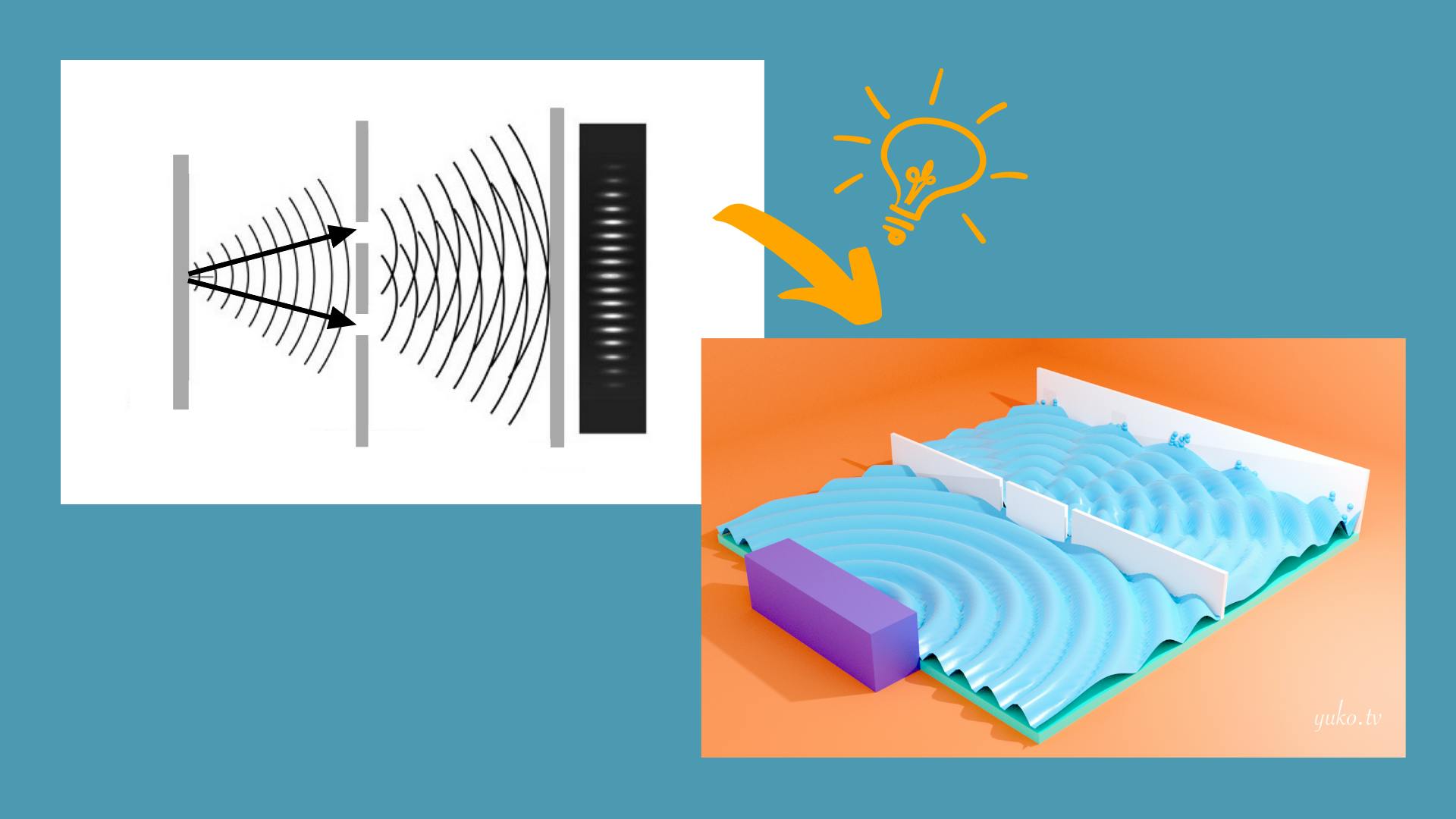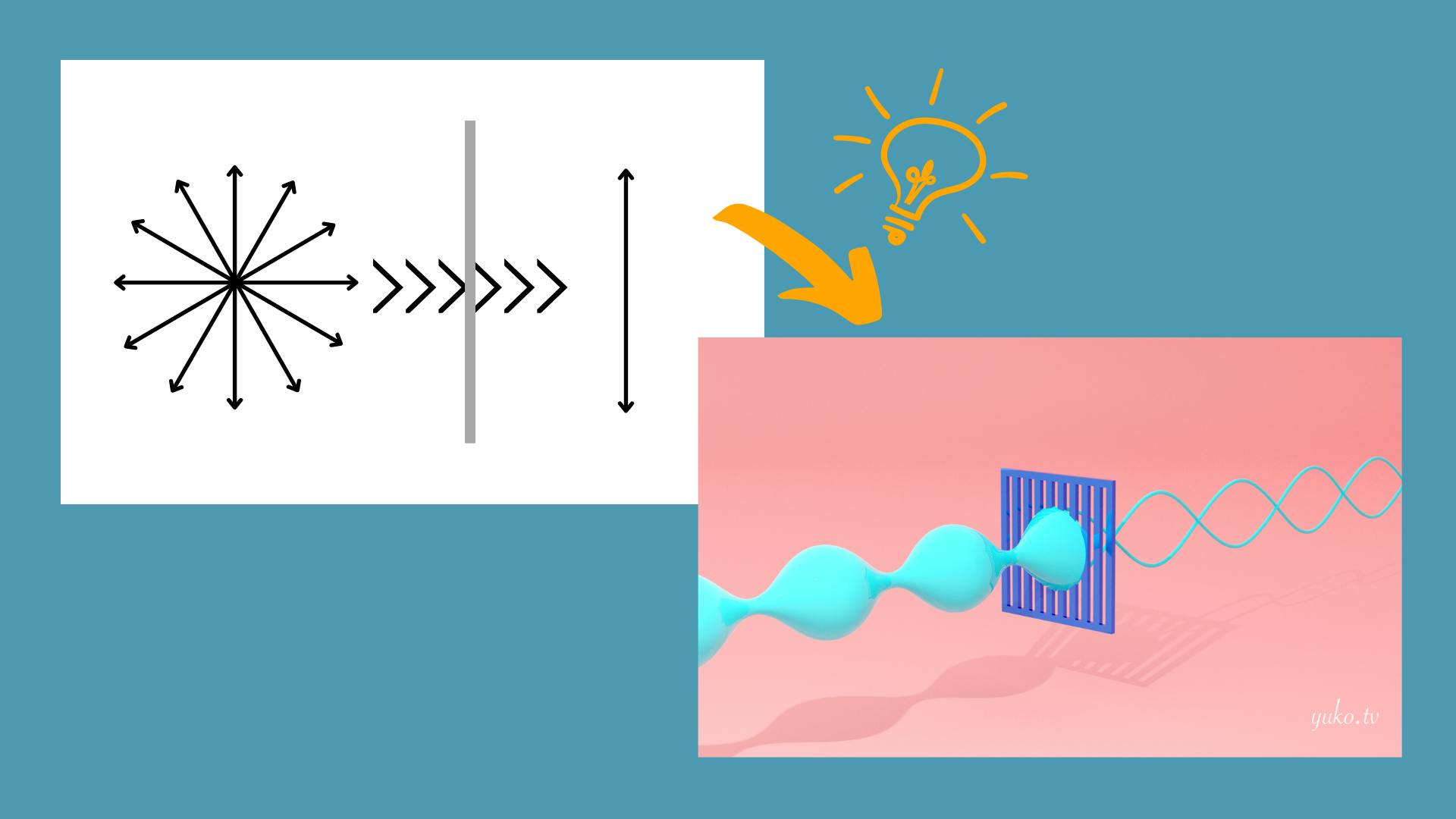
PhD in Educational Technology
The PhD in Educational Technology is a three-year full-time programme of study, for students who already have a recognised Research Masters qualification in a relevant area.

Yuko Suzuki investigates ways that mixed reality dimensions within a learning context can make science more understandable, during her doctoral research at the OU's Institute of Educational Technology.
In May, 2022, Yuko Suzuki, PhD Research student at the Institute of Educational Technology, presented her research at the first face-to-face meeting of the Performance Augmentation Lab (PAL).
PAL, a research lab based at the OU's Institute of Educational Technology, facilitates academic researchers, PhD researchers and learning designers to explore innovative educational approaches with mixed reality technologies.
During the PAL meeting, Yuko discussed her project which is focussed in "making science more comprehensible by adding extra dimensions to the learning environment with 3D animation in an augmented reality space".
Adding further:
"I am particularly interested in making somehow elusive abstract concepts in physics visually more digestible."
"The efficacy of multimedia learning has long been evaluated based on cognitive load. Due to the limited working memory capacity, the overload of information will result in poorer learning outcomes, therefore it must be managed in the instructional design."
"My approach to explore cognitive states during learning involves, beyond self-rating, physiological methods such as EEG [Electroencephalography] and Eye-tracking, looking at the metrics like alpha and theta frequency bands, and gaze patterns in three-dimensional space."


As displayed in the above graphics, Yuko intends to improve visual presentation of science-based education. The black and white graphics (upper left) represent classic paper-based two-dimensional textbook illustrations. The coloured graphics (lower right) demonstrate a sketch of how Yuko want to transform the visual representation of certain scientific concepts.
Adding further, Yuko shared:
"I am hoping to understand the relation between certain design elements of AR-based learning and learners’ cognitive states, and to come up with some principles and recommendations useful to create more effective science learning programmes. "
When discussing her research, Yuko stressed how she is motivated by identifying ways to provide a solution to the question, 'How could complex scientific knowledge be delivered more efficiently and effectively'? Adding further:
"This [aforementioned question] is something I have often asked myself while working in the TV industry over the last decade or so. Perhaps, with the help of 3D animation in Mixed Reality, because many physical phenomena are written and perceived as a function in three-dimensional coordinate and time after all."
"My hope is that this research could help more people with a different level of prior knowledge swiftly grasp key concepts in science and keep pace with the accelerated scientific and technological advancements of today. "
Yuko will update the Performance Augmentation Lab on her progress during the period of her PhD candidacy with the OU. Keep up to date with the developments of the PAL group on the Performance Augmentation research programme.
If you're considering applying for a PhD in Educational Technology at The Open University, visit the link below.

PhD in Educational Technology
The PhD in Educational Technology is a three-year full-time programme of study, for students who already have a recognised Research Masters qualification in a relevant area.
Yuko Suzuki